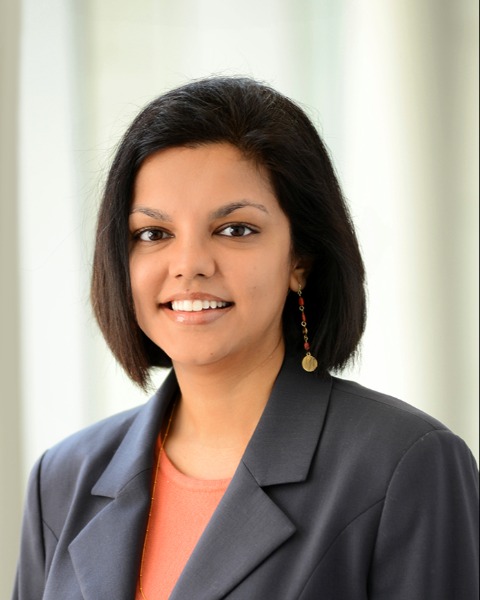Medical Education: Resident
Medical Education 15: Resident 6
502 - A look under the car hood: teaching residents the mechanics of about starting a clinic for under-resourced patients.
Monday, May 1, 2023
9:30 AM - 11:30 AM ET
Poster Number: 502
Publication Number: 502.423
Publication Number: 502.423
Aditi Gupta, Baylor College of Medicine, Houston, TX, United States; Shelley Kumar, Baylor College of Medicine, Houston, TX, United States; Padma Swamy, Children's National Health System, Washington, DC, United States

Aditi Gupta, DO (she/her/hers)
Associate Professor
Baylor College of Medicine
Houston, Texas, United States
Presenting Author(s)
Background: As residents begin a career in pediatrics, it is important for them to understand the financial intricacies of running a clinic, how clinics can decrease barriers to care, how to develop measurable outcomes to prove success and the importance of community partnerships. Some residency programs lack curricula on these aspects of medicine. To fill this gap, we developed a flipped classroom model to utilize during the required community pediatrics (CP) rotation.
Objective: Use a flipped classroom model to teach residents about aspects of starting a clinic for under-resourced patients highlighting the mobile clinic model.
Design/Methods: Residents rotating through CP received pre-reading and a pre-survey to complete prior to the session. Residents completed the pre-survey prior to doing the pre-reading. During the 1.5-hour session, 1-2 facilitators used a facilitator guide to discuss how to start a clinic for under-resourced patients. Facilitator guide and survey questions were developed by facilitators and reviewed by a statistician and expert panel. Both were piloted with residents prior to being finalized. After the session, residents received a post-survey which was identical to the pre-survey, with the addition of a session evaluation. Descriptive analysis consisted of frequencies and pre-post data was analyzed using the Wilcoxon signed-rank test.
Results: 101 residents completed both the pre- and post-survey between November 2020 – November 2022. 26% of residents self-reported career plans were general pediatrics, 65% subspecialty care, 4% pediatric hospital medicine, and 5% other. Residents showed improved confidence in assessing costs related to running a mobile clinic (p< 0.0001) and in assessing financial benefits of receiving care on a mobile clinic (p< 0.0001). 88% of residents agreed or strongly agreed with the statement that they would recommend this session for future residents. When asked how this activity will change the way residents cared for patients in the future, residents commented that they would think more about barriers patients face when accessing care, would consider the financial aspects of running a clinic, and would think more critically about developing measurable outcomes.
Conclusion(s): A flipped classroom session using the mobile clinic model can increase residents' confidence in understanding financial aspects of running a clinic and help them think more critically about measurable outcomes and barriers to care.
